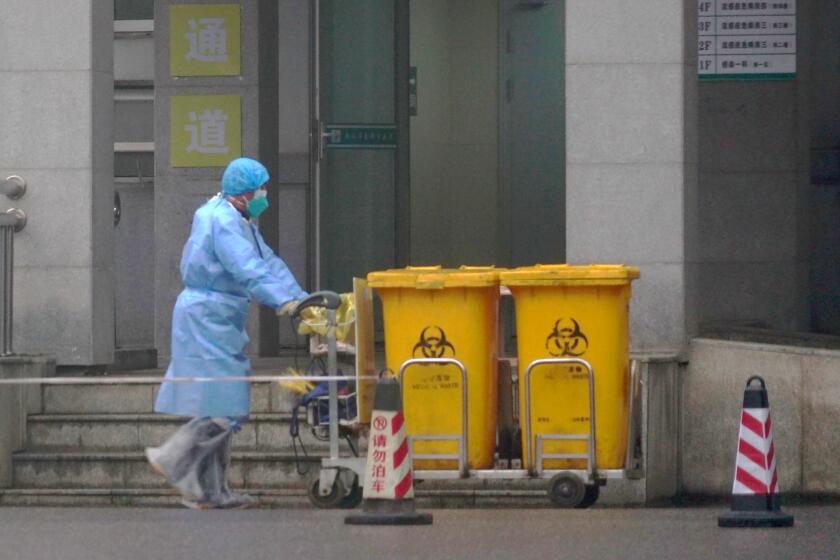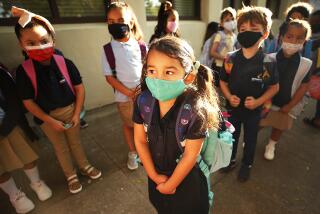It’s too early to declare China coronavirus outbreak an ‘emergency,’ WHO says
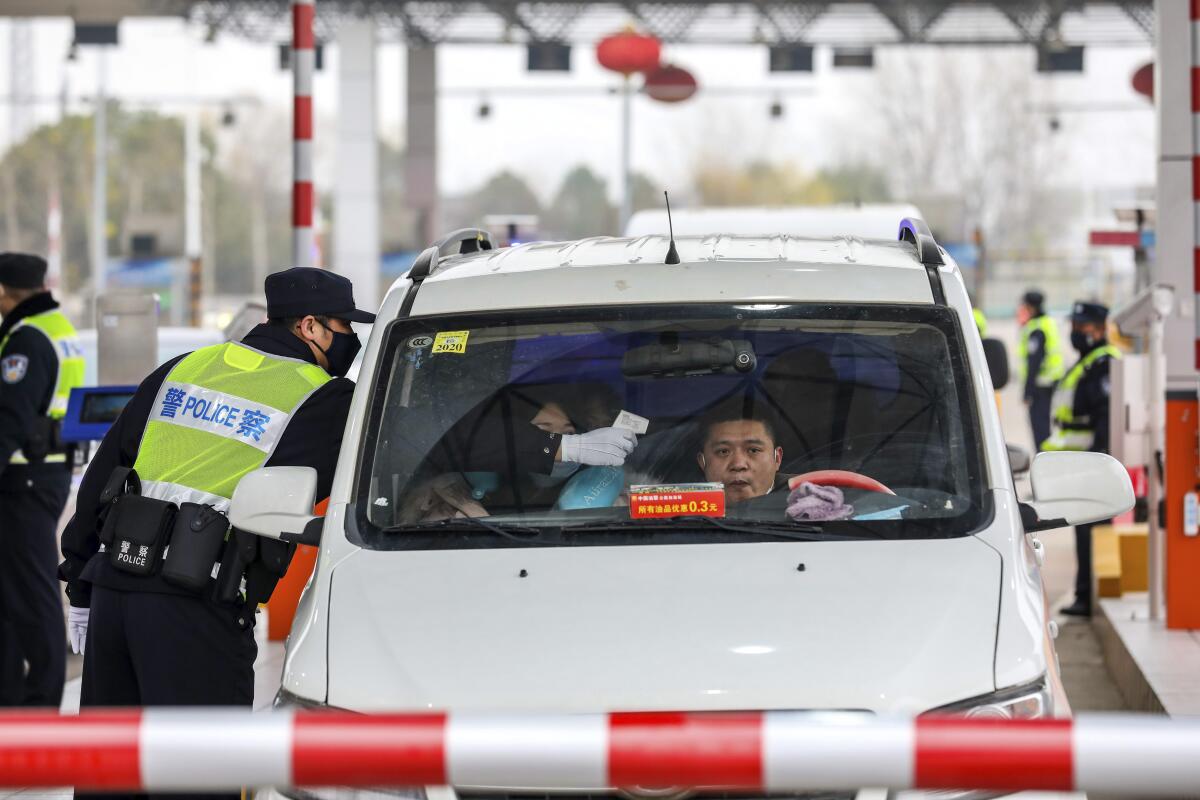
- Share via
LONDON — A viral illness in China that has sickened hundreds of people and prompted Chinese authorities to effectively shut down three cities is not yet a global health emergency, the World Health Organization said Thursday.
The United Nations health agency issued its evaluation after Chinese authorities moved to lock down the three cities and canceled major public celebrations and gatherings in Beijing during the Lunar New Year holiday period to try to contain the evolving outbreak.
WHO Director-General Tedros Adhanom Ghebreyesus said that while the epidemic was clearly a crisis in China, “it has not yet become a global health emergency. It may yet become one.”
The steps taken by China to shut down cities with more than 18 million people are unprecedented in public health. Tedros said that while WHO’s role is to provide science-based recommendations, “at the end of the day, a sovereign country has the autonomy to do what it thinks is right.”
The decision not to declare a global emergency “should not be taken as a sign that WHO does not think the situation is serious or that we’re not taking it seriously. Nothing could be further from the truth,” Tedros said during a news conference in Geneva. “WHO is following this outbreak every minute of every day.”
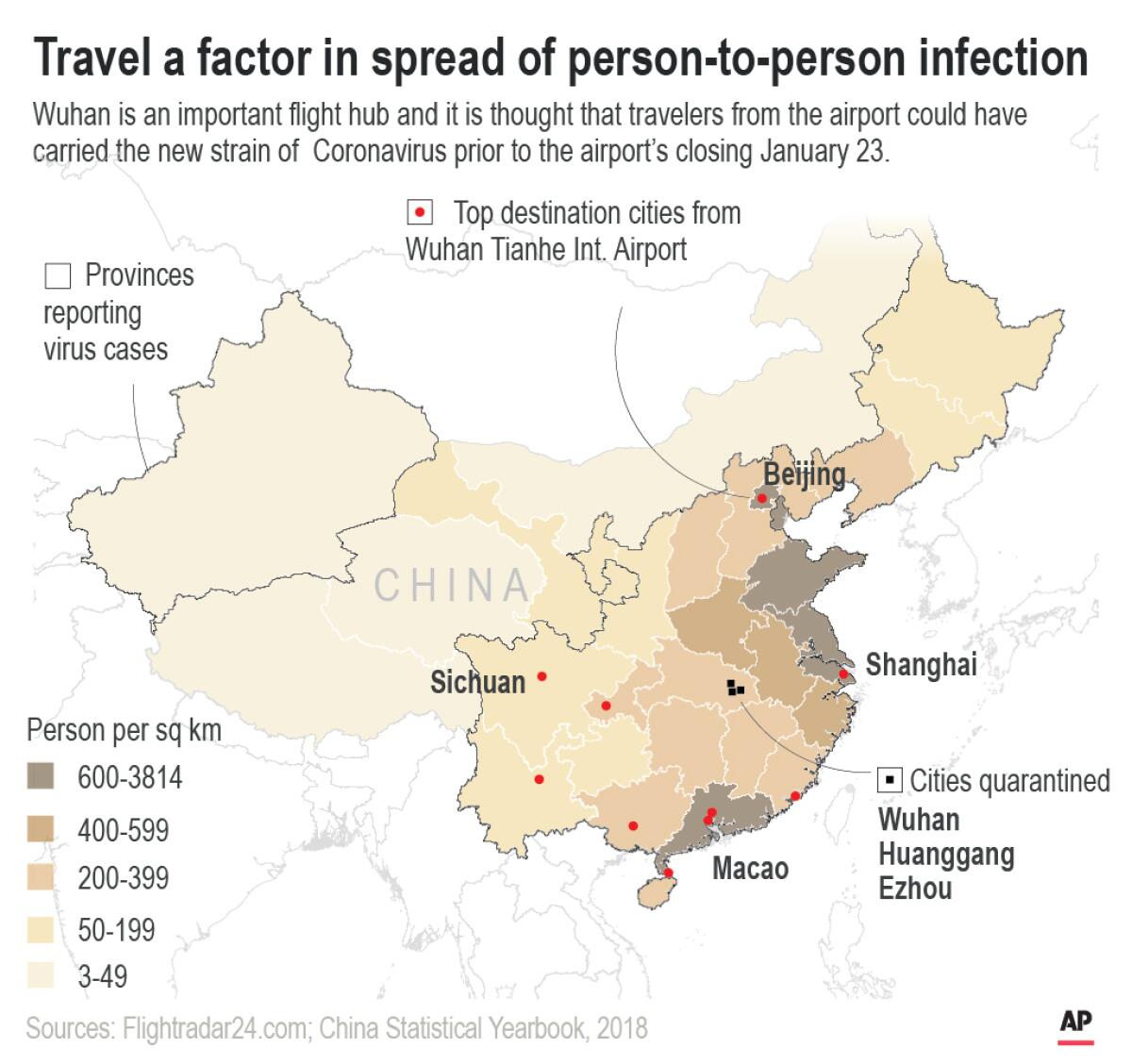
The U.N. health agency made the decision after independent experts spent two days assessing information about the spread of the newly identified coronavirus.
“It’s too early to consider this as a public health emergency of international concern,” Didier Houssin, the chair of the emergency advisory committee, said, noting that the panel “was very divided, almost 50-50.”
WHO defines a global emergency as an “extraordinary event” that constitutes a risk to other countries and requires a coordinated international response. Previous global emergencies have been declared for the emergence of Zika virus in the Americas, the swine flu pandemic and polio.
How big is the threat posed by the new coronavirus from China? Here’s a look at what experts know as the outbreak spreads.
A declaration of a global emergency typically brings greater money and resources, but may also prompt nervous foreign governments to restrict travel and trade to affected countries. As such, deciding whether an outbreak amounts to an international crisis can be politically fraught.
In 2014, WHO resisted declaring the devastating Ebola epidemic in West Africa a global emergency because it feared the announcement would anger Guinea, Liberia and Sierra Leone.
Houssin suggested that China’s view of the outbreak was a factor in Thursday’s decision.
“The perception of this declaration by the international community, in the most affected country, by the people struggling with the virus, certainly has to be considered,” he said at the news conference.
Hundreds of people infected with the new virus have fallen ill in China, and at least 17 have died. The first cases appeared last month in Wuhan, an industrial and transportation hub in central China.
Other cases have been reported in the United States, Japan, Taiwan, South Korea and Thailand. Singapore, Vietnam and Hong Kong reported their first cases Thursday.
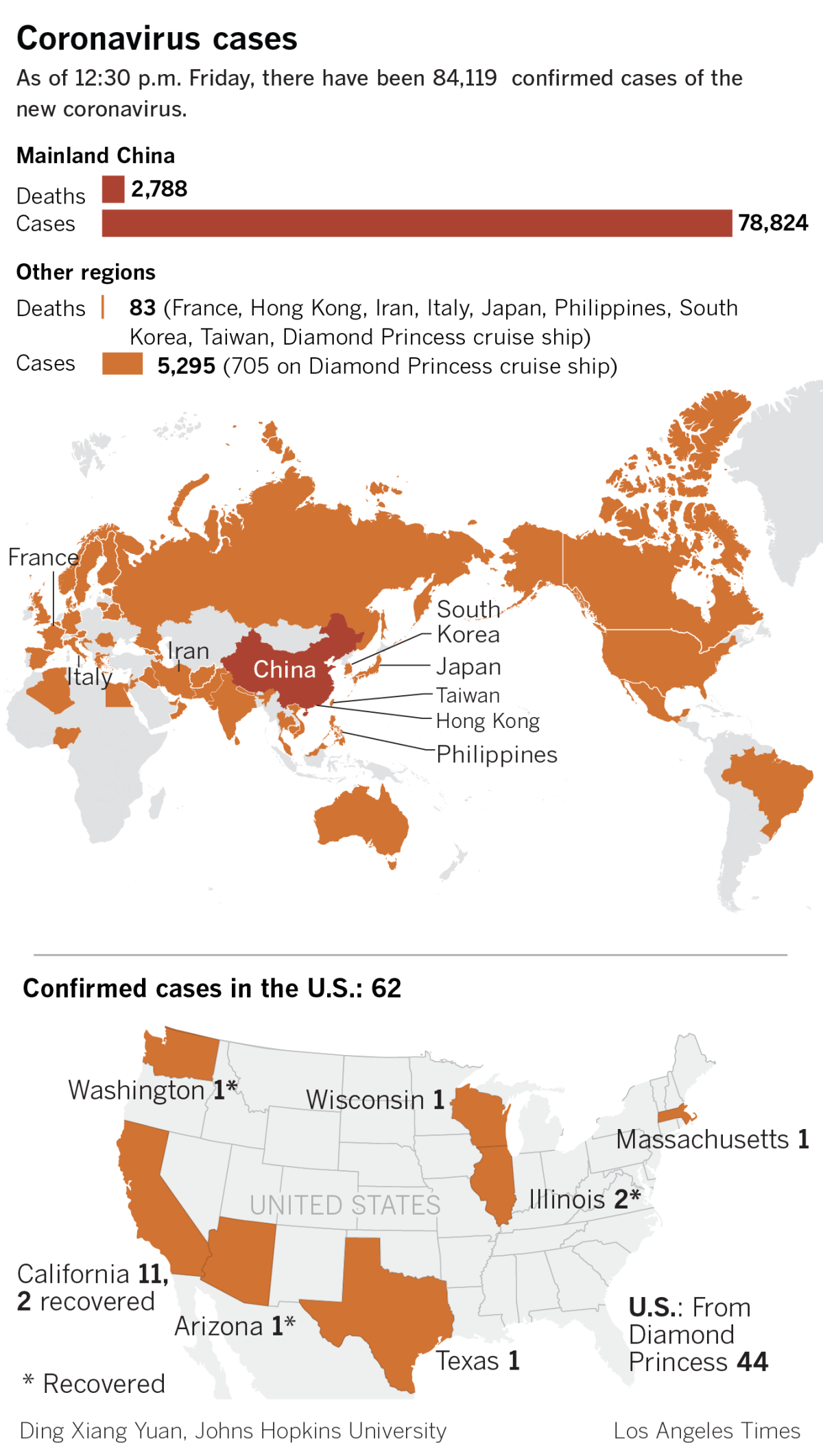
While airports in many major cities around the world have instituted health screenings for arriving passengers from China, Tedros said that “for the moment, WHO does not recommend any broader restrictions on travel or trade.”
